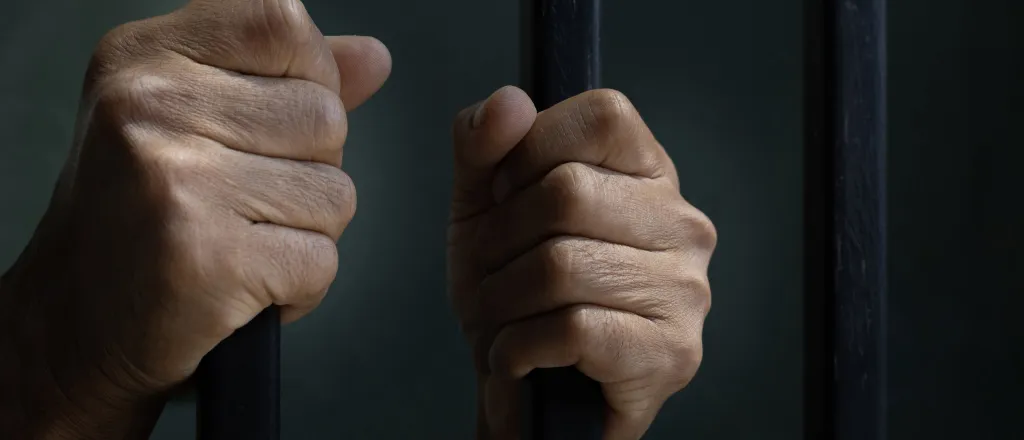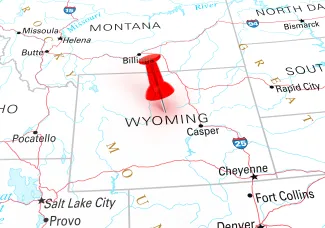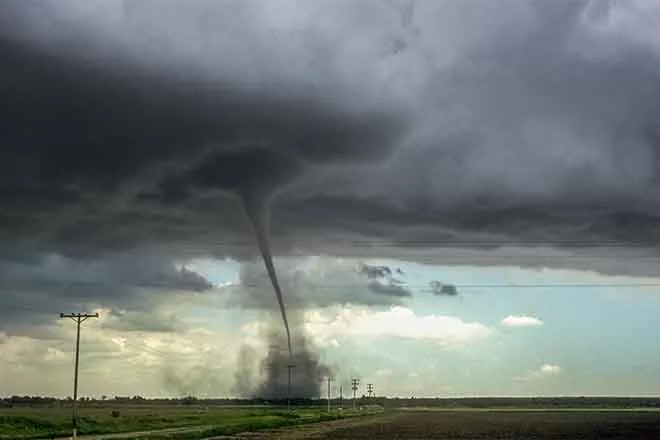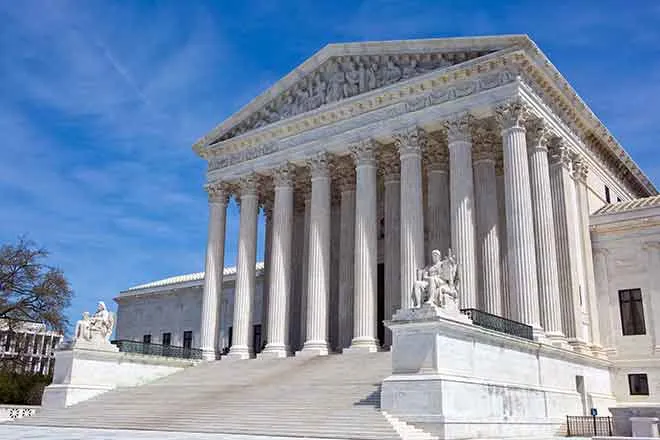
Wyoming case questions life-without-parole sentencing for adolescents
© Akarawut Lohacharoenvanich - iStock-1436012592
Click play to listen to this article.
(Wyoming News Service) A new case filed in a Wyoming district court argues that a man's sentence of life in prison without parole was unconstitutional because of his age.
Christopher Hicks was 19 years old in 2006 when he was convicted of aiding and abetting, and conspiracy in two murders.

Now, Lauren McLane, a University of Wyoming law professor, argues that his sentence -- life in prison without the possibility of parole -- went against the state's constitution.
Most legal cases involving late adolescents have, based on legal precedent known as Roper, cited neuroscience research from 2004. More recent research shows that a human brain is still developing into a person's twenties. McLane wants the law to catch up.
"No one has looked at the new science and applied the new science. We have taken Roper's word, if you will, but so much has changed since then," she observed. "Science is far ahead of the law and far ahead of society."
Other common policies support this-including the age minimum of renting cars at 25 and the expiration for covering dependents on parents' health insurance at 26. McLane said she expects this case to advance to Wyoming's Supreme Court.
That's the level where judges interpret the state's constitution, which has unique elements that apply in this case. First, it requires that penal code be based on "the humane principles of reformation," she said.
McLane argues that a sentence of life without parole for a 19-year-old doesn't meet that requirement.
"This idea that whatever we do to people we incarcerate, it needs to be reform-based. There's nothing like that in the United States Constitution. There's nothing like that in pretty much 48 other state constitutions. So, that's pretty substantial to me," she continued.
Second, Wyoming's constitution outlaws "cruel or unusual punishment," unlike the U.S. Constitution, which bans a combination of the two. McLane added that could be a lower threshold to reach.

















